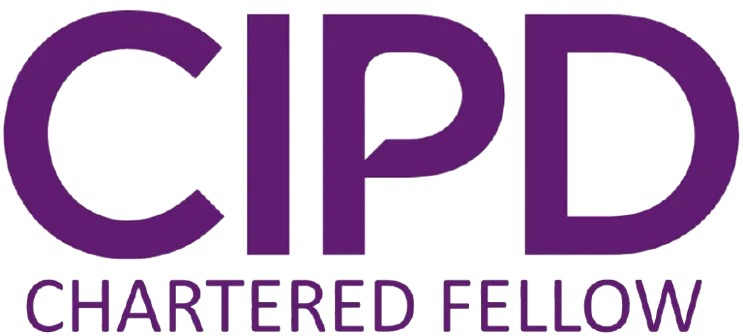About Us

Who are PM Business Support Services
With nearly 30 years of HR and people development experience, we help first-time managers thrive with the right tools, training and support.
Whether you're an SME owner, HR lead or a manager yourself, we offer practical help through audit, planning and delivery. From manager training to HR platforms, policy guidance and wellbeing initiatives – we make people management easier, more confident and more inclusive.
Our mission is to empower managers to lead with confidence, clarity and care — building workplaces that are fairer, stronger, and fit for the future.
Our big picture on where we are heading & why it matters is guided by our vision, which is:
to be an inclusive, ethical, & sustainable leader in the HR consulting industry — creating a future that’s better because of today, by leading the way in people-first HR & doing what’s right, not just what’s easy.
We believe better workplaces start with better leadership - & that's where our mission comes in.

Our mission is what we do everyday to bring our vision to life. We're here to empower managers to lead with confidence, clarity & care - by ensuring their organisations have the right policies, platforms & people development in place - the solid foundations that allow managers & teams to grow with integrity & impact.
Because when managers lead well, people feel safe, seen & supported - & that creates lasting change in teams, organisations & lives.
Our vision gives us direction.
Our mission gives us purpose.
But it's our values that keep us aligned in how we work, how we lead & how we support others.

Our drive comes from our passion to
enrich lives, as we believe HR should feel human - because behind every policy & decision is a person. Our journey isn't only about results - it's about how we get there, as success is built through trust, growth & a culture that is fun & celebrates real wins, differences & the people who make it all happen.
How we evolve is through continuous learning - every challenge is an invitation to improve, grow & innovate & we know success doesn't come from perfection, it comes from resilience & reflection.
Our philosophy is to make every one of the 1440 minutes in the day count - grounded in clarity, not chaos - & so we keep things simple, sustainable & purpose led.
And our commitment to Community isn’t an afterthought — it’s our foundation. We give back, lift up, and choose causes that matter. Because everything we do is about
leaving people and places better than we found them.

To help us achieve this, we work to our HR For A Better Tomorrow approach.





